The European Commission brought its Brexit A team to Dublin this week to meet the Taoiseach and President Juncker addressed both houses of the Oireachtas. When a high-level visit like this takes place, it poses the question of why it is necessary a week ahead of the Council of Ministers.
The answer, bluntly, is because the target of sorting out the Irish border in the Brexit negotiations by this Council is not going to be achieved. It now gets pushed back until October and beyond that there really is no road left to kick the can down!
Stalemate
The rhetoric on Brexit is also growing louder in both Brussels and London. During a visit to Brussels last week, discussions with Brussels officials revealed an attitude of disbelief towards the UK.
Meanwhile, in London, the debate goes on between the Brexit and pro-EU wings of the Conservative party about what they might suggest to Brussels as a compromise on the big issue of the Irish border, even though ideas floated so far have been dismissed by Brussels.
If the worst happens for Irish agriculture, the contagion will spread to mainland Europe
With stalemate developing, talk of a no-deal Brexit is growing on both sides of the English Channel. To date, the view is that this situation would be so mutually destructive that a deal would be found. It is still possible that that will be the case late in the day and where this would leave the Irish position is a major concern if a hothouse negotiation was taking place in October.
Major companies like Airbus and BMW have put down a marker that they are running out of patience and President Juncker was quite open in saying that the EU must prepare for the worst.
Contagion
In a no-deal Brexit, the biggest hit will be carried by Irish farmers. Industry will get hurt with tariffs but agriculture with tariffs of up to 100% on beef and 80% on cheese will simply be wiped out. Whenever the crisis arose in banking a decade ago, the buzz word of the time was contagion – the knock-on effect of one bank failing having on other banks.
If the worst happens for Irish agriculture, the contagion will spread to mainland Europe as it is where Irish produce will finish up if the UK market is closed. Therefore a crisis in Irish agriculture in the event of a no-deal Brexit will almost immediately be a crisis in EU agriculture, particularly in the countries that Ireland currently does substantial business with.
Budget flexibility
President Juncker spoke this week about the substantial EU budget being sufficiently flexible that the EU could address this problem, and Irish farmers will be hoping that he is in a position to follow through.
What needs to happen now is that farmers are given a clear indication of what the contingency plans are by way of income support and what mechanisms will be used to offset the impact that a closing of the UK market would bring.




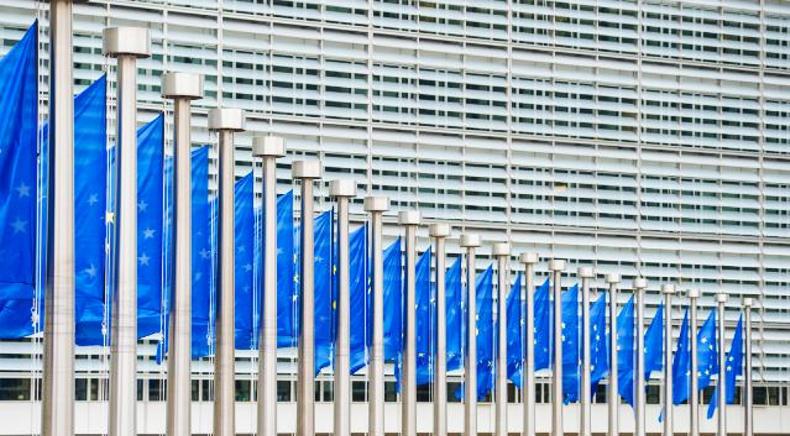
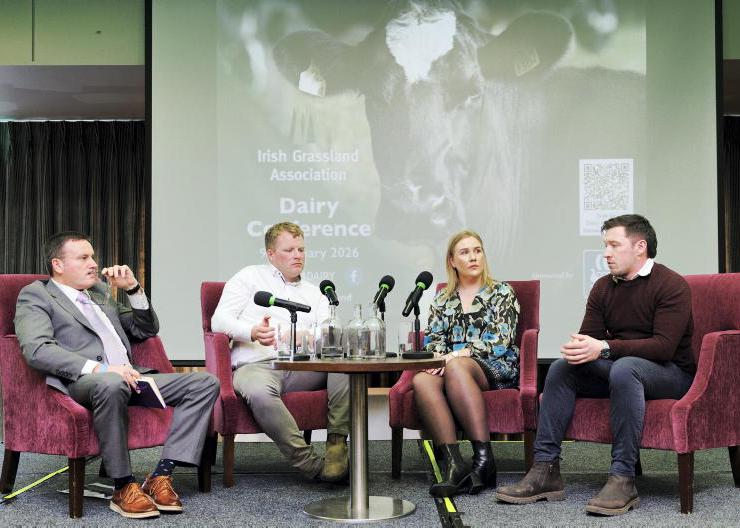

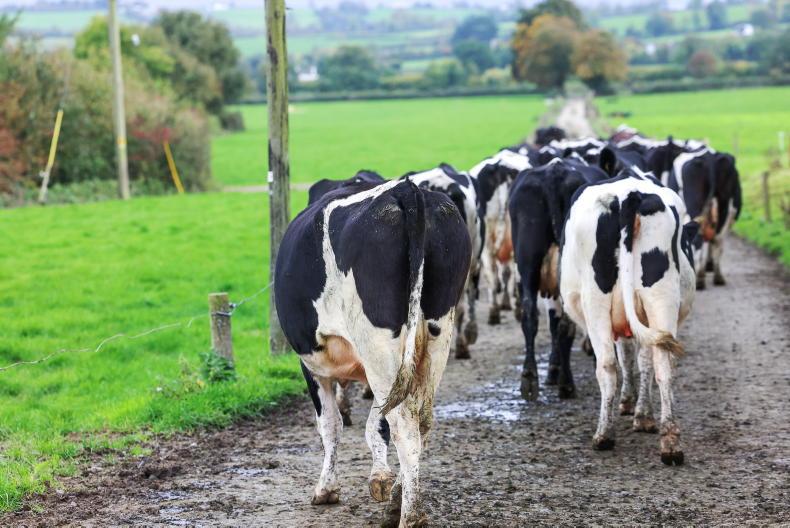
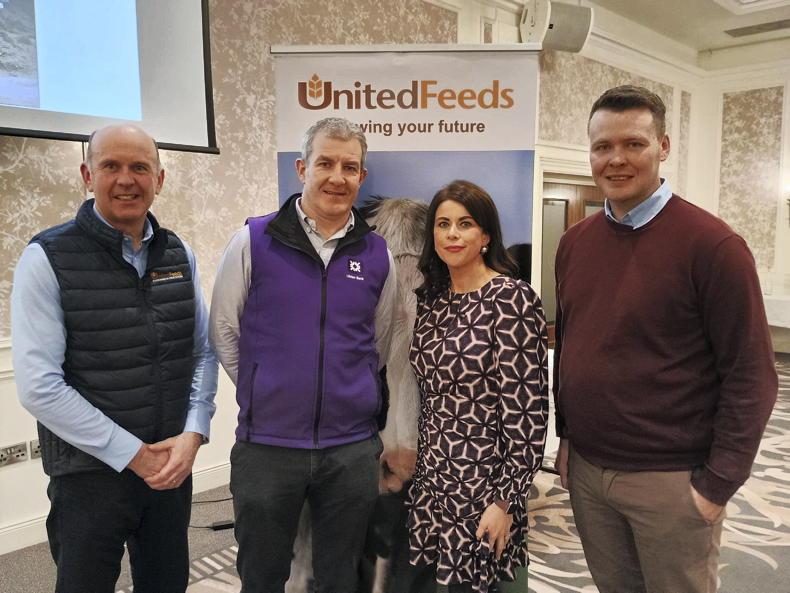
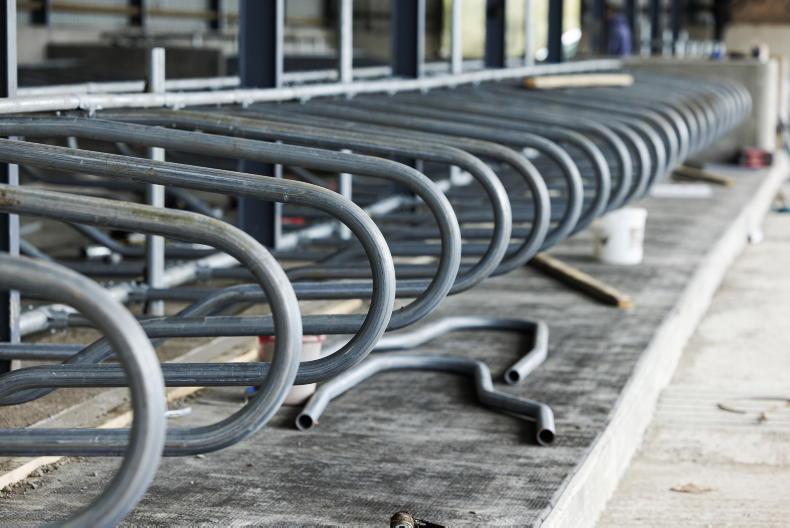
SHARING OPTIONS